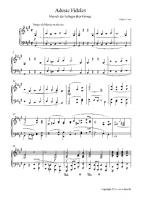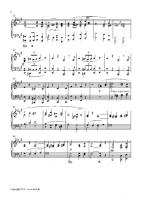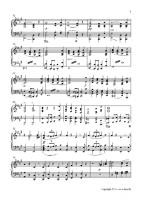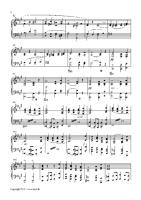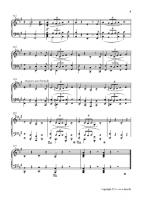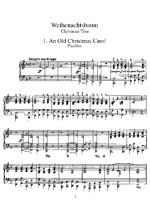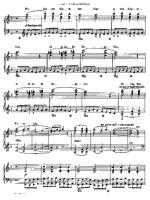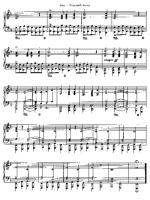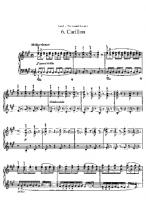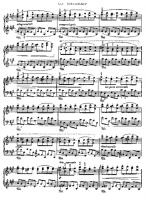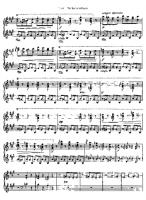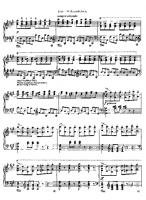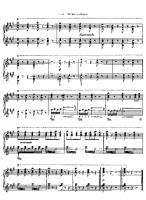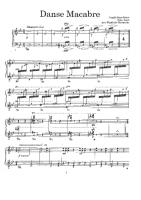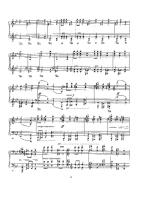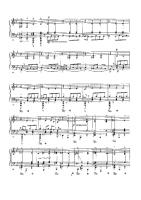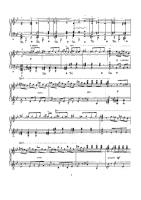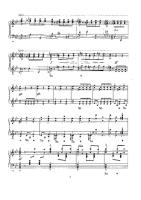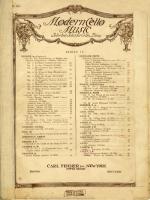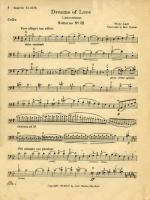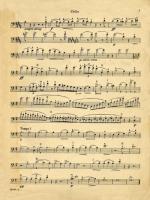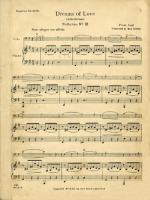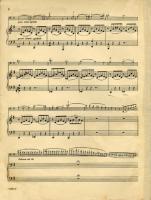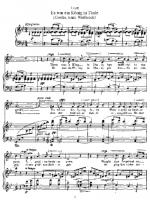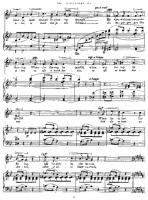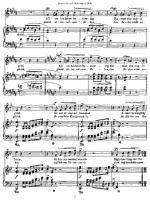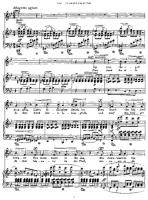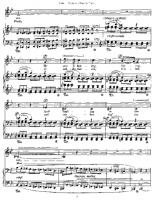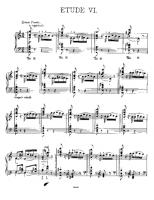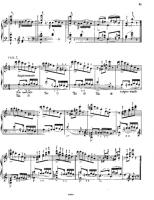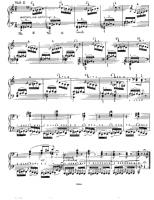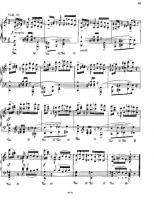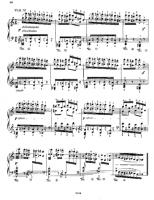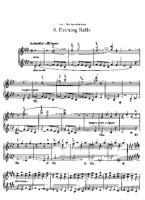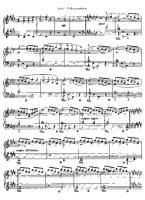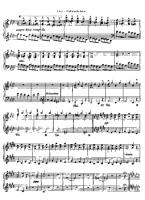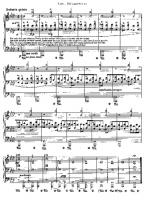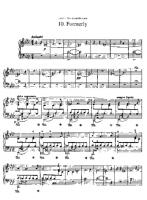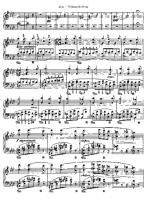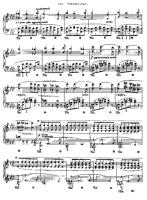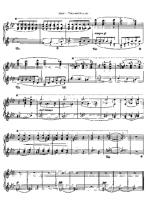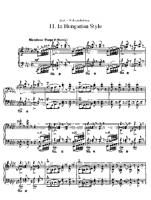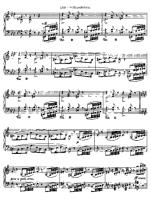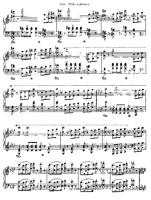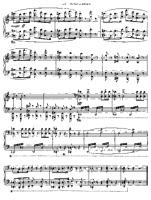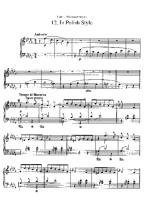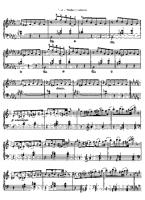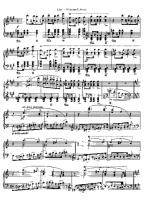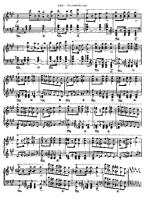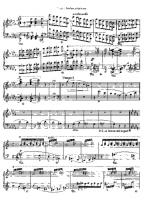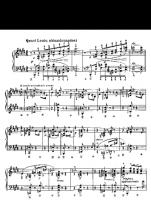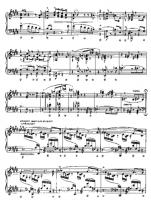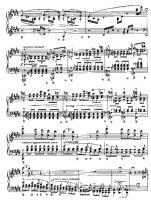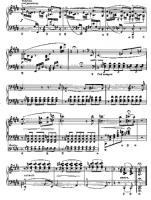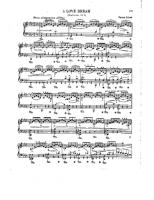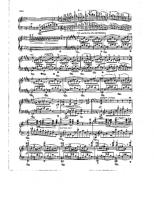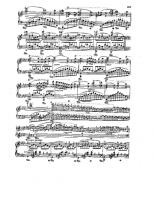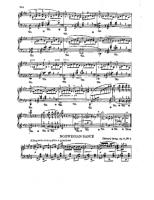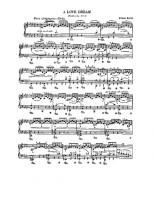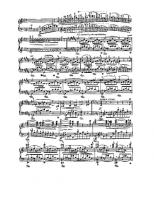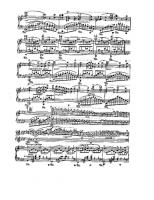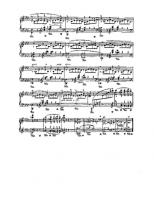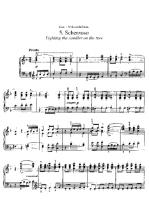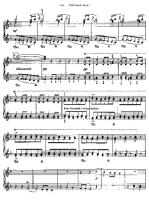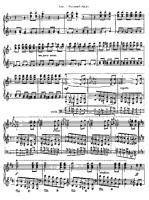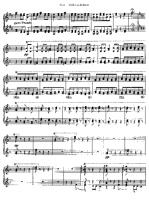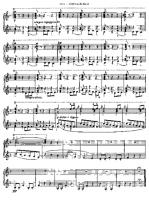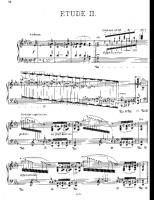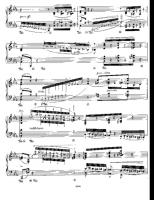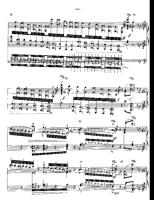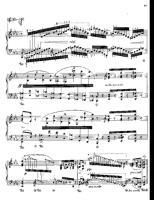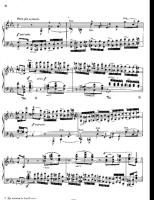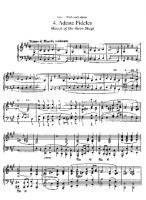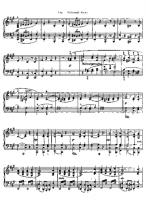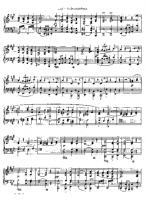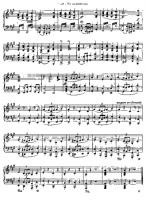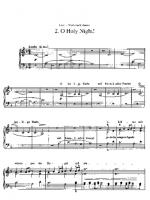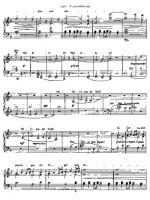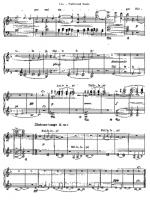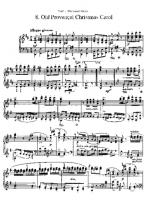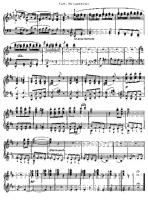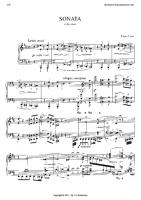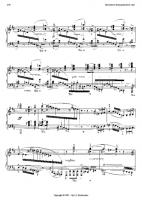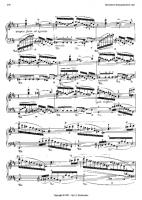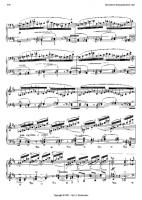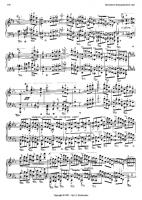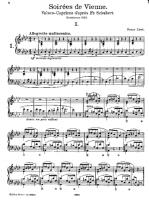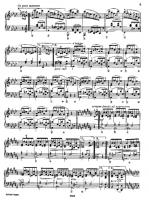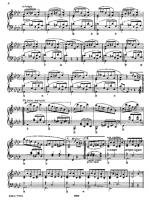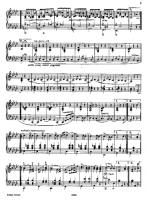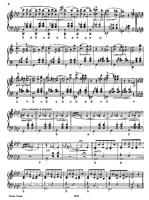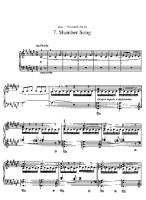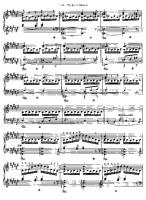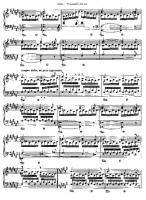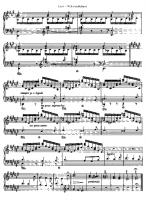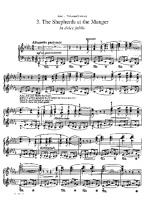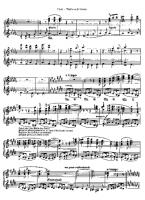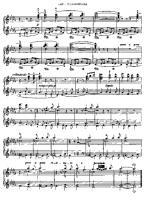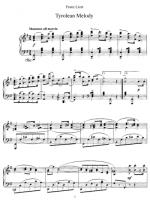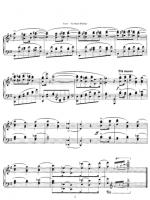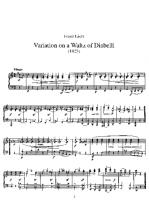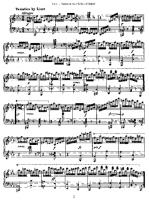Liszt Sheet Music
Franz Liszt (October 22, 1811 – July 31, 1886) was a Hungarian composer, virtuoso pianist and teacher.
Liszt became renowned throughout Europe for his great skill as a performer; to this day, many consider him to have been the greatest pianist in history. He was also an important and influential composer, a notable piano teacher, a conductor who contributed significantly to the modern development of the art, and a benefactor to other composers and performers, notably Richard Wagner and Hector Berlioz.
As a composer, Liszt was one of the most prominent representatives of the "Neudeutsche Schule" ("New German School"). He left behind a huge and diverse oeuvre, in which he influenced his forward-looking contemporaries and anticipated some 20th-century ideas and trends. Some of his most notable contributions were the invention of the symphonic poem, developing the concept of thematic transformation as part of his experiments in musical form and making radical departures in harmony.
Liszt has most frequently been credited to have been the first pianist who gave concerts with programs consisting only of solo pieces. An example is a concert he gave on March 9, 1839, at the Palazzo Poli in Rome. Since Liszt could not find singers who — following the usual habit of the time — should have completed the program, he played four numbers all alone.
Liszt was a prolific composer. Most of his music is for the piano and much of it requires formidable technique.In his most famous and virtuosic works, he is the archetypal Romantic composer. Liszt pioneered the technique of thematic transformation, a method of development which was related to both the existing variation technique and to the new use of the Leitmotif by Richard Wagner. Liszt's piano works are usually divided into two classes. On the one hand, there are "original works", and on the other hand "transcriptions", "paraphrases" or "fantasies" on works by other composers.
Liszt became renowned throughout Europe for his great skill as a performer; to this day, many consider him to have been the greatest pianist in history. He was also an important and influential composer, a notable piano teacher, a conductor who contributed significantly to the modern development of the art, and a benefactor to other composers and performers, notably Richard Wagner and Hector Berlioz.
As a composer, Liszt was one of the most prominent representatives of the "Neudeutsche Schule" ("New German School"). He left behind a huge and diverse oeuvre, in which he influenced his forward-looking contemporaries and anticipated some 20th-century ideas and trends. Some of his most notable contributions were the invention of the symphonic poem, developing the concept of thematic transformation as part of his experiments in musical form and making radical departures in harmony.
Liszt has most frequently been credited to have been the first pianist who gave concerts with programs consisting only of solo pieces. An example is a concert he gave on March 9, 1839, at the Palazzo Poli in Rome. Since Liszt could not find singers who — following the usual habit of the time — should have completed the program, he played four numbers all alone.
Liszt was a prolific composer. Most of his music is for the piano and much of it requires formidable technique.In his most famous and virtuosic works, he is the archetypal Romantic composer. Liszt pioneered the technique of thematic transformation, a method of development which was related to both the existing variation technique and to the new use of the Leitmotif by Richard Wagner. Liszt's piano works are usually divided into two classes. On the one hand, there are "original works", and on the other hand "transcriptions", "paraphrases" or "fantasies" on works by other composers.
Search for Free Sheet Music
You can make a search through the entire collection of sheets.
You can make a search through the entire collection of sheets.
Latest Artists
Doc Pomus
× 1
Annie Lennox × 1
Bukas Palad × 1
Robert Burns × 1
Rafael Suarez × 1
Dana Thynes × 1
Fredie Hubbart × 1
José Galvão × 3
Voctave × 1
The Real Group × 1
Joan Osborne × 1
Igor Stravinsky × 1
James Brown × 1
Frida Situmorang × 1
Beauty and the Beast × 1
Yasuroni Mitsuda × 1
Friedrich Kuhlau × 1
Stephen Flaherty × 1
Bedrich Smetana × 1
Simon Phillips × 1
Genesis × 1
Martin Kudrna × 1
Albert Hammond × 1
Heather Brooks × 1
SYLVAIN GUINET × 1
The Platters × 1
Songs for a New World × 1
Philip Sparke × 1
Bee Gees × 1
Toto × 1
G. F. Handel × 2
Carlos Gardel × 1
Nino Rota × 1
José Becerril Alatorre × 1
Kimagure orange road × 1
Des'ree × 1
Enya × 1
Abraham Chasins × 1
Hugh Martin × 1
Jack Johnson × 1
Rihanna × 1
The Smashing Pumpkins × 1
Billy Joel × 1
Arlene Schwartzkopf × 1
Kristin Chenoweth × 1
Koji Kondo × 6
William M. Golden × 1
Nightwish × 1
Porcupine Tree × 1
Joe Zawinul × 1
Annie Lennox × 1
Bukas Palad × 1
Robert Burns × 1
Rafael Suarez × 1
Dana Thynes × 1
Fredie Hubbart × 1
José Galvão × 3
Voctave × 1
The Real Group × 1
Joan Osborne × 1
Igor Stravinsky × 1
James Brown × 1
Frida Situmorang × 1
Beauty and the Beast × 1
Yasuroni Mitsuda × 1
Friedrich Kuhlau × 1
Stephen Flaherty × 1
Bedrich Smetana × 1
Simon Phillips × 1
Genesis × 1
Martin Kudrna × 1
Albert Hammond × 1
Heather Brooks × 1
SYLVAIN GUINET × 1
The Platters × 1
Songs for a New World × 1
Philip Sparke × 1
Bee Gees × 1
Toto × 1
G. F. Handel × 2
Carlos Gardel × 1
Nino Rota × 1
José Becerril Alatorre × 1
Kimagure orange road × 1
Des'ree × 1
Enya × 1
Abraham Chasins × 1
Hugh Martin × 1
Jack Johnson × 1
Rihanna × 1
The Smashing Pumpkins × 1
Billy Joel × 1
Arlene Schwartzkopf × 1
Kristin Chenoweth × 1
Koji Kondo × 6
William M. Golden × 1
Nightwish × 1
Porcupine Tree × 1
Joe Zawinul × 1

